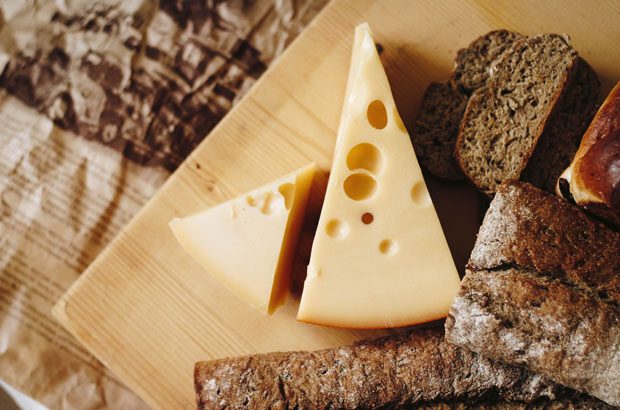5 Organic Food & Drink Products You Probably Haven’t Tried
5 Kinds of Organic Food & Beverage Products You Probably Haven’t Tried
When it comes to discussing healthy food options, most of us can say we’ve tried a fair share of organic fruits and vegetables. However, as organic food trends continue to skyrocket as consumers become more aware of what they are eating, virtually every food product you can imagine is now available in an organic version.
With the risks of pesticides, artificial sweeteners, and other potentially harmful substances found in commercially processed foods, clean eating is becoming a norm in many circles. As a result, supply has been gradually increasing to meet the demand for new and interesting organic products. Luckily, that means you can now find healthier alternatives when shopping for the following kinds of foods and drinks.
- Organic Wine
It’s easy to associate wine and any other kind of alcohol with indulgence, but there have been many studies proving the health benefits of moderate wine drinking. Still, grapes and other wine-making fruits are often grown using a diverse cocktail of pesticides.
However, brands like Vintage Roots are leading the way in making wine even healthier by selling products that are made from organically grown ingredients. This company have been 100% organic since they first started in 1986, so they’ve been ahead of the game for a while now. Once you’ve tried your first sip of organic wine, you may also notice that the flavours and textures are crisper and cleaner due to the product’s enhanced purity.
- Organic Seaweed
Seaweed is often touted as a health food that is rich in vitamins and minerals. While that’s certainly true, not all seaweed is created equal. Since this food is sourced from the ocean, there’s a possibility that some batches may be contaminated by pockets of sea pollution. As such, it’s best to only eat organic certified seaweed provided by brands that regularly test their product for the presence of heavy metals and other unhealthy contaminants.
Regardless of whether you eat organic or non-organic seaweed, this is a food that should be consumed moderately due to its high levels of iodine. While iodine is an essential nutrient, over-consumption can lead to problems related to excess sodium levels, such as high blood pressure. Seaweed is a heavy component in the Japanese diet, which has been shown to promote long life spans, but Asian foods that contain seaweed are often eaten alongside cabbage, broccoli, and soy – all of which inhibit iodine uptake.
- Organic Cheeses
Cheese doesn’t directly grow from the ground, so many of us don’t associate it with being an organic food option. The cows that produce the milk used to make the cheese, however, do get their food from the pasture, and what they eat has a measurable impact on milk quality.
Aside from feeding the cows on organically grown pastures, organic cheese producers also source dairy that doesn’t contain antibiotics, genetically modified organisms (GMOs), and synthetic growth hormones. Many people insist that you can even taste the difference between an organic and non-organic cheese. Whether or not that’s true, it’s reasonable to assume that that organically fed cows are probably pumping out healthier dairy.
- Organic Nut Butters
So, you might be no stranger to organic peanut or almond butter, as those are the easiest to find in most supermarkets. Beyond those obvious options, did you know that there are dozens of different kinds of organic nut butters, each with their own distinct flavours and textures? Take this list of organic nut butters as an example. No matter which kind you choose, this stuff is rich in all sorts of healthy proteins, fats, fibre, and minerals.
Keep in mind that many organic nut butters are still produced in facilities that handle dairy, gluten, or other potential allergens. Thus, if you do have any food allergies, it would be wise to check the label before making your selection. This information will usually be easy to spot in the form of a phrase like “gluten-free, tree-nut free, and non-GMO.”
- Organic Pizza
Most of us can agree that pizza is an indulgence that should be eaten on occasion. Of course, if you’re concerned about counting calories, then any form of pizza might not be the best food to eat on a daily basis. When you do decide to treat yourself to a delicious pizza, why not make it at home using organic ingredients?
There’s a wide spectrum of recipe possibilities in the realm of pizza-making, and you could always go light on the cheese or make vegetarian/salad pizzas instead. It’s easy to find organic flours, cheeses, sauces, and healthy variations of every other topping. Alternatively, there are plenty of organic food brands that sell pre-made pizzas.
- Going All Organic Is Easier Than Ever
A decade ago you might have struggled to find certain products in the organic section of your local supermarket. Nowadays, organic options can be found in every aisle and you can usually find multiple brands and flavour variations to choose from within each category.
Guest Article.








